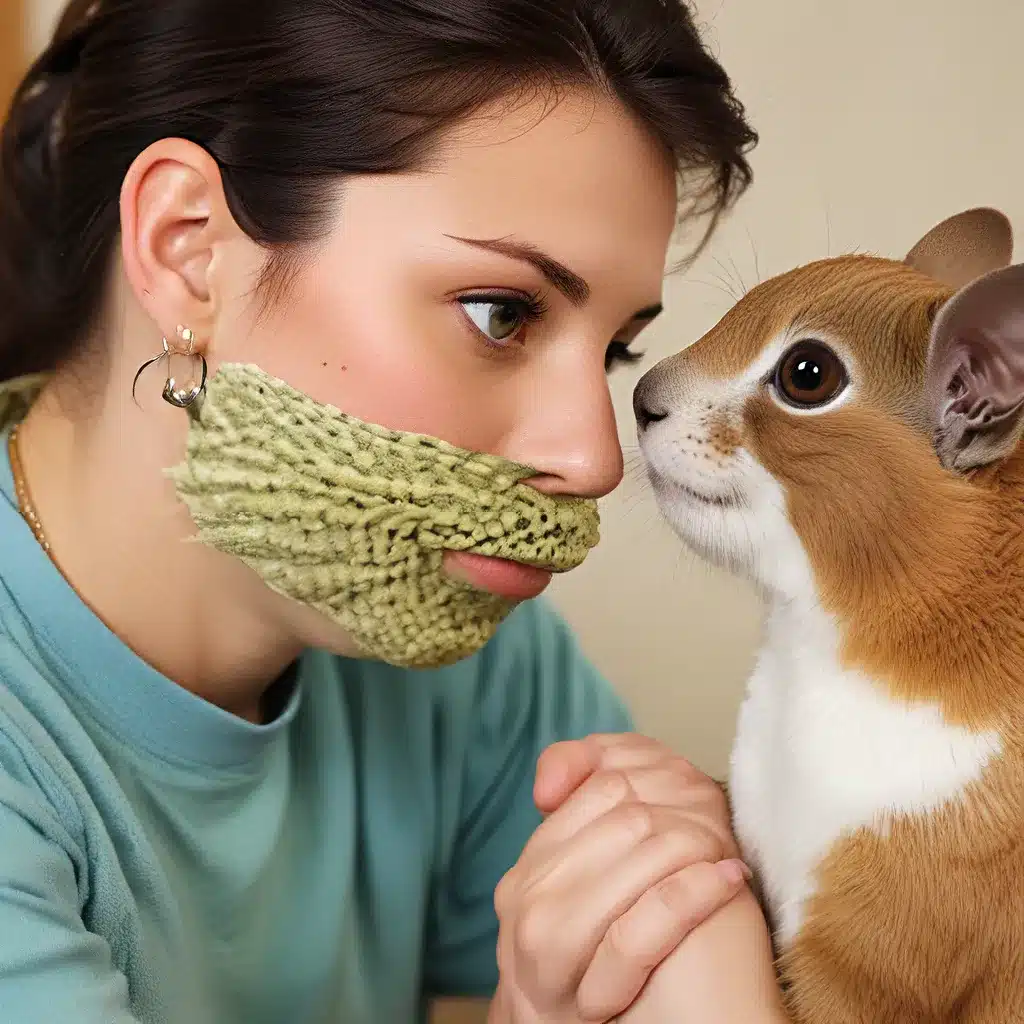
Bringing home a new exotic pet can be an exhilarating experience, but it also comes with its fair share of challenges. One of the most crucial aspects of caring for an exotic animal is ensuring they are properly socialized, especially when it comes to introducing them to new people and pets. As an exotic pet owner, this is a task that requires patience, understanding, and a carefully curated approach.
The Importance of Socialization
Much like their canine and feline counterparts, exotic pets thrive when they are exposed to a variety of positive experiences from a young age. Socialization is the process of introducing an animal to new sights, sounds, smells, and interactions in a way that helps them become well-adjusted and confident individuals. This is particularly important for exotic pets, as they often come from environments vastly different from the typical household.
Proper socialization can help prevent the development of behavioral issues like aggression, anxiety, and phobias down the line. It’s akin to giving your exotic pet a sturdy emotional foundation to build upon as they navigate the world around them. An exotic pet that has been well-socialized is more likely to be calm, curious, and adaptable when faced with novel situations – a trait that can make them a joy to care for.
Stages of Exotic Pet Development
Exotic pets, like all animals, go through distinct developmental stages that influence their ability to adapt to new experiences. Understanding these stages is crucial for ensuring your pet receives the socialization they need at the right time.
The Sensitive Period (3-14 weeks)
This is a crucial window of time when exotic pets are most receptive to socialization. During this period, their brains are primed to process and accept new stimuli. Exposing them to a wide variety of positive experiences, from meeting new people to interacting with other pets, can have a lasting impact on their behavior and temperament.
The Juvenile Period (14 weeks – 1 year)
As exotic pets enter their juvenile stage, they become less malleable but continue to benefit from socialization. While they may not be as eager to embrace new things as they were during the sensitive period, this is an important time to reinforce the positive associations they’ve already formed.
Adulthood (1 year+)
Once an exotic pet reaches adulthood, their brain has largely developed, and they become less receptive to new experiences. While socialization can still be beneficial, it’s crucial to have laid the groundwork during the earlier stages of their life.
Preparing for Introductions
Before you start introducing your exotic pet to new people or animals, it’s essential to take the time to properly prepare. This means ensuring your pet is comfortable in their environment, has had their necessary vaccinations, and is generally in good health.
Golden Exotic Pets, a leading provider of exotic pet care resources, recommends creating a safe, familiar space for your pet to retreat to if they become overwhelmed during an introduction. This could be a secure habitat or a designated “safe zone” within your home.
It’s also a good idea to have high-value treats on hand to reward your pet for positive interactions. This helps reinforce the idea that new experiences can be enjoyable and rewarding.
Introducing New People
When it comes to introducing your exotic pet to new people, the key is to take it slow and make the experience as positive as possible. Start by having the new person sit or stand quietly in the room, allowing your pet to approach them at their own pace. Encourage the person to avoid direct eye contact and sudden movements, as these can be perceived as threatening by some exotic pets.
If your pet seems comfortable, you can have the person offer a treat or gently extend a hand for your pet to sniff. Praise and reward your pet for any positive interactions, and be prepared to end the session if your pet becomes anxious or stressed.
Remember, every exotic pet is unique, and what works for one individual may not work for another. Pay close attention to your pet’s body language and cues, and be willing to adjust your approach as needed.
Introducing New Pets
Introducing an exotic pet to a new animal companion can be a delicate process, requiring even more caution and preparation than introductions to humans. It’s essential to consider factors like size, temperament, and natural behaviors when deciding which pets might be compatible.
One effective strategy is to set up a neutral territory where the animals can meet, such as a separate room or outdoor space. Allow them to interact while you closely monitor the situation, intervening if necessary to prevent any aggressive or fearful behaviors.
It’s also a good idea to introduce the animals gradually, perhaps starting with scent-swapping or supervised short interactions before allowing them to spend extended time together. Positive reinforcement, like treats and praise, can help create a friendly association between the new pets.
Ongoing Socialization
Socialization doesn’t end once your exotic pet has been introduced to new people and animals. It’s an ongoing process that requires consistent effort and attention. Regularly exposing your pet to new experiences, even in small increments, can help them continue to build confidence and adaptability.
Consider taking your exotic pet on outings to pet-friendly establishments, introducing them to new household guests, or simply rearranging the furniture in their habitat to stimulate their curiosity. The more positive associations your pet can form with novel situations, the better equipped they’ll be to handle the inevitable changes and challenges that come with life as an exotic companion.
Remember, every exotic pet is unique, and what works for one individual may not work for another. Pay close attention to your pet’s body language and cues, and be willing to adjust your approach as needed. With patience, understanding, and a commitment to proper socialization, you can help your exotic pet thrive and become a beloved member of your family.

